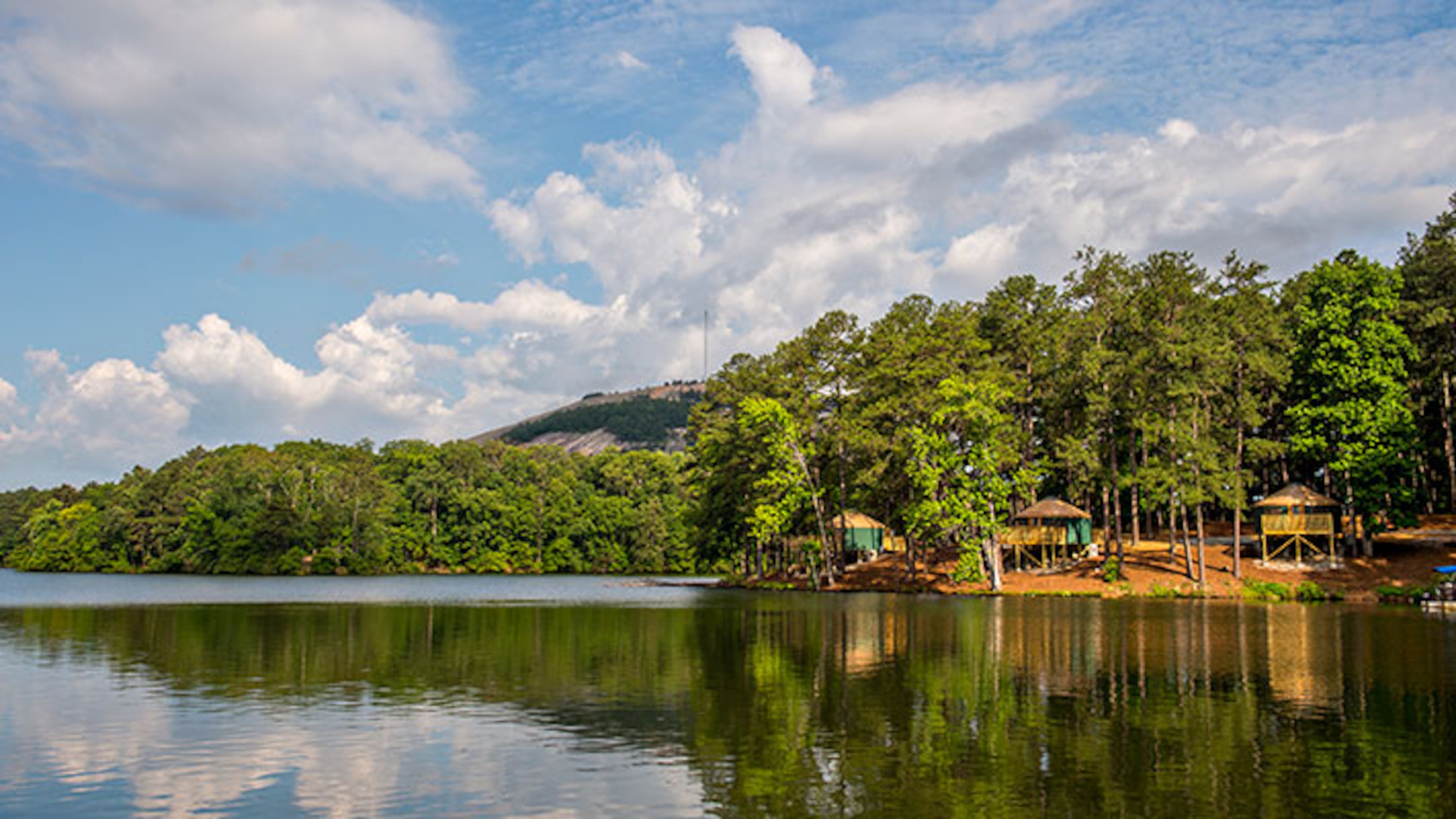OPINION: Closing the nature gap requires an open mind

Last fall, I went for my first hike at F.D. Roosevelt State Park in Pine Mountain.
I am new to hiking, so I had a more experienced companion and two dogs along to help me navigate.
Mostly, I was worried about whether my newish hiking boots would leave me in pain. What I encountered was a pain I hadn’t expected.
Midway through our hike, we crossed paths with another duo who offered a warning. Beware, they said, just ahead were some questionable hikers with dogs. I shot a worried glance at my companion.
A few minutes later, we surfaced at a clearing where a family of five had gathered to rest. The women greeted us with waves. The men nodded. The dogs (both leashed) barked. Loudly.
Were these the people we had been warned about? Was this the danger I had braced myself for?
As we moved forward, my companion and I processed what happened.
Why had the hikers felt the need to warn us about a family’s ebullient gathering? Why did we view the family as non-threatening while the other pair viewed them with concern?
We could only come up with one answer. The hikers who warned us were white. We are African American. The family with the loud laughter and louder dogs was South Asian with skin tones the same range of gold and brown hues as ours.
The family was not in violation of any park rules, no one was in danger, yet their behavior had been policed by fellow hikers.
Who gets to choose how others show up in nature?
We like to think of nature as open to all, but the nature gap tells us the benefits of nature are unequally distributed and experienced depending on race, income and age.
In Georgia, 24% of white residents lived in a nature-deprived area compared to 80% of people of color, according to 2017 data from the Center for American Progress. About 45% of middle-income Georgia residents lived in nature-deprived areas while 71% of low-income residents did (74% of high-income residents also lived in nature-deprived areas but presumably that is by choice).
Many organizations, grassroots and otherwise, are helping to close the gaps between the desire of underrepresented groups to be in nature and the access and education they have to enjoy those spaces.
Angelou Ezelio founded Greening Youth Foundation in Atlanta almost 20 years ago to foster equitable environmental access for Black and brown children. As a child, Ezelio spent summers on 54 acres of family-owned land in upstate New York. She knows well the benefits of nature but recently found she had lost her joy for outdoors.
“Why?” she said during a video call from Nigeria where she lives part of the year. “The uphill battle we have continued to have in this homogenous white and male field trying to shift the narrative of who gets to work and play in the outdoors. I am longing for the day when I can just go outdoors and do all the things that other people do without having to think, why are there no other people of color here?”
Ezelio wrote an essay about trying to reclaim her joy in “Nature Swagger,” by Rue Mapp (Chronicle Books, $25) that celebrates the ways in which generations of Black people have enjoyed the outdoors. Mapp is founder of Outdoor Afro, a national not-for-profit that trains volunteers to lead outdoor experiences in their communities. Some of the obstacles for underrepresented groups in nature include time and knowledge, she said.
“How much time do you need to have a meaningful opportunity in nature? Where should one go or (how do you) know what to do?” said Mapp, noting those are key focus areas she hopes to resolve with her work.
In 2021, 40% of first-time campers self-identified as people of color, according to The Dyrt camping app. Gen Z is the most diverse generation of campers; 43% of Gen Z campers started camping during the pandemic, according to data from the 2022 KOA North American Camping Report.
The demand has cultivated an industry to support young and diverse newcomers to the outdoors.
In August, three friends launched the first Melanated Campout in Wrightsville, offering hundreds of diverse campers the opportunity to explore the outdoors in an inclusive setting that featured everything from shoreline fishing to lip sync battles. Another one is planned for fall 2023.
Sonya and Necota Staples, founders of Staples InTents, which helps introduce Black and brown people to vehicle-based adventure traveling known as overlanding, hosted the Gathering in 2021 on 50 acres of a Black owned ranch in Crawfordsville. It featured a weekend of camping and workshops designed to help all campers feel comfortable in the outdoors.
Anyone can serve as a leader or guide to those interested in connecting to nature, said Mapp. “The goal should be more about showing hospitality and sharing resources versus performance.”
Part of closing the nature gap means bringing underrepresented groups into outdoor spaces, but it is equally important that we close the gaps in our minds, allowing new groups to inhabit nature in ways that may look or feel different than our own experience.
Read more on the Real Life blog (www.ajc.com/opinion/real-life-blog/) and find Nedra on Facebook (www.facebook.com/AJCRealLifeColumn) and Twitter (@nrhoneajc) or email her at nedra.rhone@ajc.com.


